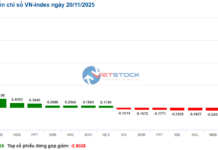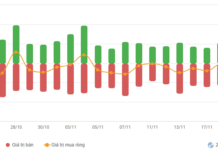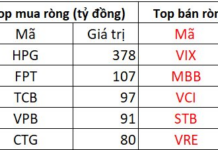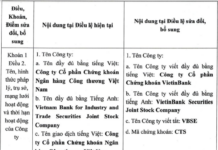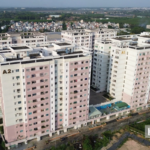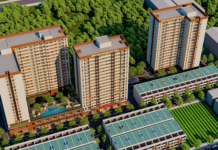|
Editor’s Note: The social housing market is plagued by severe issues: from brokers reserving spots, inflating application fees, and charging for online submissions, to surcharges of hundreds of millions of dong, contradicting the goal of supporting low-income individuals. In response, the Prime Minister and the Ministry of Construction have directed local authorities to intensify inspections and strictly penalize all forms of profiteering. We present this series to provide a multifaceted perspective and propose urgent solutions to ensure the social housing market operates in line with its intended purpose and objectives. |
Massive Price Gaps Fuel Speculation
Regarding the recent phenomenon of selling “diplomatic slots,” “priority applications,” and even “guaranteed approval” with surcharges of up to hundreds of millions of dong in various social housing projects, Lawyer Trương Anh Tú, Chairman of TAT Law Firm, notes that despite the law prohibiting the transfer of social housing within five years, covert transactions persist through deposits, power of attorney, or verbal agreements.
After years of monitoring social housing policies and the housing market, he observes that this is not an isolated issue.
In an interview, Lawyer Tú identifies three causes distorting the social housing market.
First is the significant price gap compared to commercial housing. “Many social housing projects are priced between 12-30 million VND/m², while nearby commercial housing ranges from 45-70 million VND/m². This vast disparity turns social housing slots into assets for ‘flipping,’ despite the legal ban on transfers,” he explains.
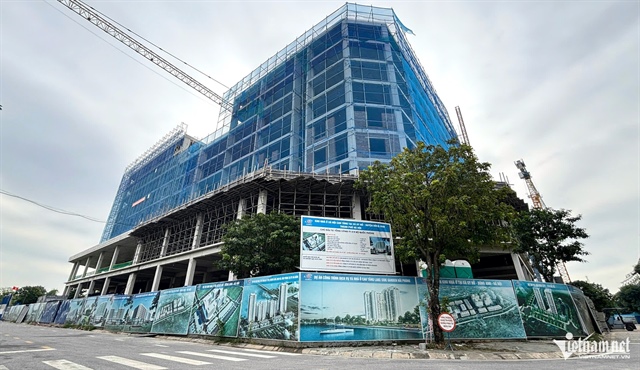
A social housing project currently on sale in Hanoi. Photo: Hồng Khanh |
The second issue, according to Tú, is the approval process based on self-declaration. Criteria under the Housing Law, such as living conditions, income, and priority groups, require verification but lack an interconnected database for cross-checking. “This creates loopholes for legal circumvention and application fraud,” he states.
Brokers are the third link enabling profiteering in social housing. Many openly seek buyers for “slots,” advertising internal connections or guaranteeing priority applications. This rampant activity forms an underground market competing with the official one. Tú views this as a clear exploitation of social housing policies.
Under the 2014 Housing Law and its guiding decrees, social housing can only be transferred after full payment and a five-year period.
However, the lawyer warns, “current covert transactions render this regulation ineffective in practice.” The consequences destabilize the market and pose significant legal risks for final buyers, who may lose both their deposit and the right to own social housing.
Accountability is Essential
Recently, police in provinces like Thái Nguyên, Hanoi, Bắc Ninh, and Ho Chi Minh City have investigated signs of illegal social housing transfers and off-contract payments…
According to the lawyer, these investigations highlight the distorted state of the social housing market, which has become a profit tool for a few rather than serving low-income individuals.
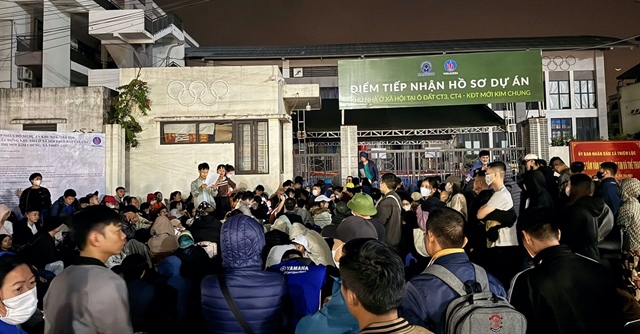
Social housing is not an investment channel. It is the right to housing for low-income individuals. Photo: Hồng Khanh |
Trương Anh Tú attributes the core issue to a lack of transparency in approvals and data gaps. “Those with genuine needs struggle to access housing, while ineligible individuals exploit loopholes to legitimize applications. When social housing doesn’t reach the intended beneficiaries, it fails both in management and social justice,” he remarks.
The Chairman of TAT Law Firm emphasizes that social housing cannot be separated from broader housing policies and urban planning. Labor migration, urbanization pressures, transportation infrastructure, industrial zone models, and rent-to-own mechanisms all directly impact social housing’s effectiveness in providing welfare.
Based on this, Tú proposes publicly listing successful applicants by priority points; integrating databases for residents, taxes, social insurance, and land; tightening controls on covert transactions; and clearly defining individual accountability in the approval process.
“A critical policy like social housing must have specific accountability, not collective responsibility,” he stresses.
He also advocates redesigning policies for specific groups. Workers need housing near industrial zones; young professionals require small units near city centers; vulnerable populations should access housing through rental or rent-to-own schemes. A policy targeting multiple goals risks conflicts and reduced welfare impact.
“Social housing is not an investment. It is the right to housing for low-income individuals. If speculation, covert slot trading, and application fraud persist, the housing dream of millions will remain distant—a failure social housing policies cannot afford,” states Lawyer Trương Anh Tú.
Hồng Khanh
– 06:00 20/11/2025
Unveiling the First Social Housing Project Adjacent to the $16 Billion Mega Development: Pre-Launch Sale Announced with a Shockingly Affordable Price
The meticulously planned residential project in Long Thanh Commune has set its starting price at just 20.9 million VND per square meter (inclusive of VAT, excluding maintenance and management fees).
2026 Condo Price Predictions: Expert Insights Revealed
Real estate experts predict that current condominium prices are excessively high and may have already peaked. As a result, the market is expected to undergo a new correction phase starting in 2026.

